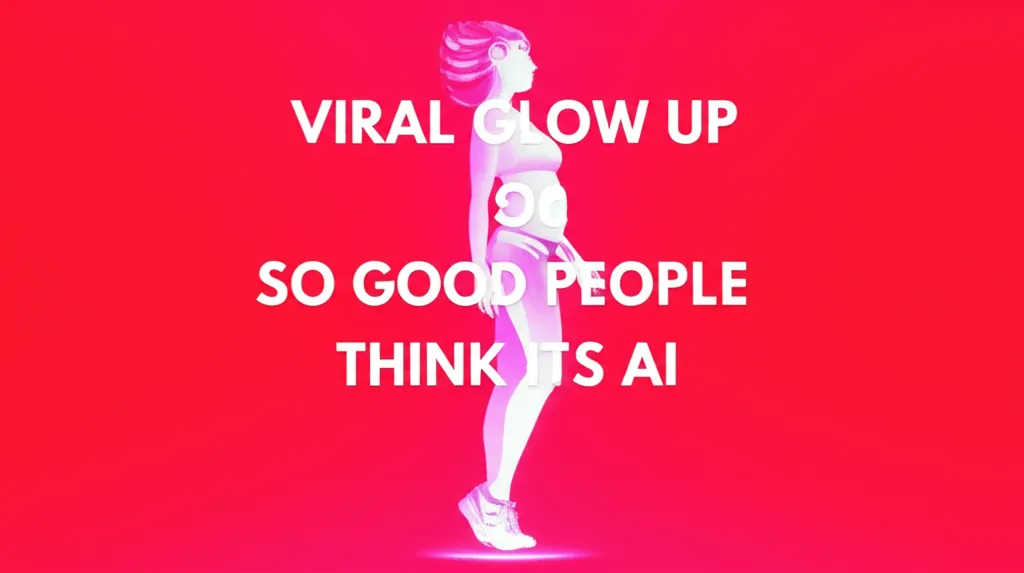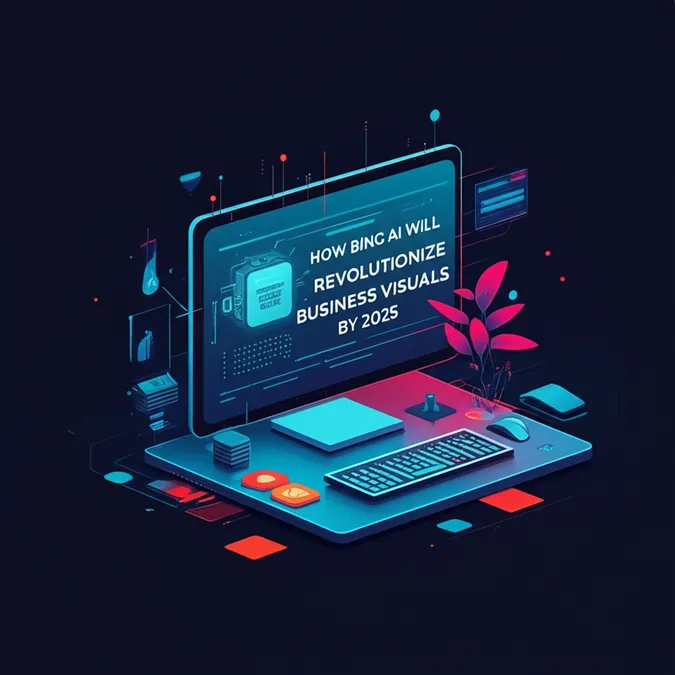Developer Offer
Try ImaginePro API with 50 Free Credits
Build and ship AI-powered visuals with Midjourney, Flux, and more — free credits refresh every month.
Gen Z Swipes Left on AI Powered Dating Apps
While dating apps were a sensation for millennials, Gen Z has shown significant skepticism about finding love online. Even leaders in the industry acknowledge the challenge.
Spencer Rascoff, the new CEO of Match Group—which owns Tinder, Hinge, and OkCupid—recently admitted that the core mechanic of many apps can be off-putting for younger users. “The high-pressure kind of product offering of looking at a photo and judging it—that is cringy for a lot of Gen Z people,” he told The Wall Street Journal.
The AI Push to Win Over Young Daters
In an effort to reconnect with this younger demographic, major dating apps like Hinge, Tinder, and Bumble have started integrating AI-powered features. The goal is to solve common user complaints by helping with profile creation and crafting engaging conversation starters.
However, these innovations aren't making the desired impact on Gen Z. A recent Bloomberg Intelligence survey of about 1,000 dating app users found that nearly half of all respondents felt AI didn't improve their experience with making a profile or chatting with matches. The survey also highlighted that Gen Z, despite being digital natives, is more uncomfortable than other generations with using AI to write prompts, respond to messages, or alter their photos.
How Dating Apps Are Using AI
Several companies have been public about their AI initiatives. In January, Hinge introduced its “Prompt Feedback” feature, designed to nudge users toward creating better profile responses. Justin McLeod, Hinge's founder and CEO, described it as a way to provide “personalized coaching” to help daters make a great first impression.
Bumble also employs AI for features like its AI Photo Picker and for generating conversation prompts. More critically, Bumble uses AI for safety, helping to identify and remove fake profiles, block spam, and blur explicit images, which is a widely praised application of the technology.
The Disconnect: Why AI Isn't the Answer
Despite the potential of AI for safety, these features don't seem to be the silver bullet for the industry's struggles. Dating coach Ilana Dunn suggests the core issue lies elsewhere. “Unless they are really pushing people to meet in real life by maybe creating more in-person activations and events where people can assess, ‘Oh, is there a vibe here?’ I don’t know that they will make the comeback to being as big as they once were,” she recently told Fortune.
The Bloomberg survey findings support this, suggesting that the AI tools introduced so far simply aren't addressing what users actually need. This failure could continue to negatively impact the companies' financial performance.
Financial Fallout and a New Path Forward
The financial strain is already visible. Bumble's first-quarter revenue saw a nearly 8% year-over-year drop, while Tinder's declined by 3%. Hinge has been an exception, with a 23% jump in Q1 revenue. However, Match Group's CEO still announced a 13% staff cut in May to save an estimated $100 million.
Bumble also laid off 30% of its workforce shortly after founder Whitney Wolfe Herd returned as CEO. Herd herself has been critical of the fundamental model of dating apps, stating, “They are rooted in rejection and judgment... These are not healthy dynamics.”
Now, Bumble is focused on rebuilding its user base. A spokesperson noted that the company is moving forward to strengthen its core business and position itself for future growth, acknowledging the need for a change in strategy.
Compare Plans & Pricing
Find the plan that matches your workload and unlock full access to ImaginePro.
| Plan | Price | Highlights |
|---|---|---|
| Standard | $8 / month |
|
| Premium | $20 / month |
|
Need custom terms? Talk to us to tailor credits, rate limits, or deployment options.
View All Pricing Details

